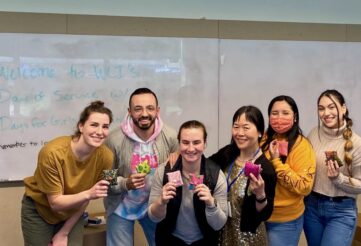Five Resources for Menstrual Health in Emergencies

Globally, more than 26 million women and girls are displaced due to conflicts, natural disasters and other humanitarian emergencies – leaving them struggling to manage menstruation.
Addressing their needs is an important and growing focus of our work at Days for Girls International.
We believe the ability to manage menstruation effectively and with dignity is a matter of basic human rights, especially during a crisis. That’s why we work with partners to ensure the menstrual health needs of women and girl refugees are being met amidst pandemic, displacement, natural disaster and other emergencies.
Here is a list of our five favorite resources for menstrual health management in humanitarian and emergency response contexts:
- Menstruation In Emergencies Toolkit from the Columbia Mailman School of Public Health | International Rescue Committee (IRC), Columbia University
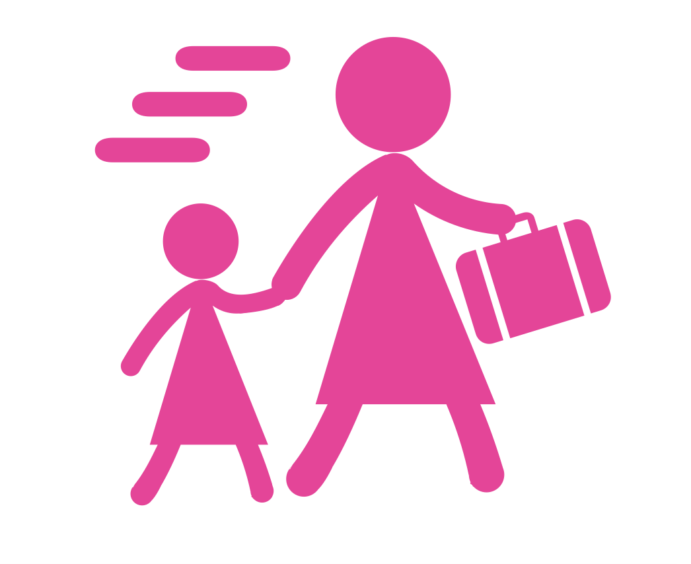 This toolkit provides practical guidance for planning, implementing and monitoring menstrual health (MH) programming in a variety of humanitarian response contexts. It is intended for organizations seeking to rapidly integrate menstrual health into existing programs in a time-sensitive manner. Drawing on timely evidence and case studies, the guide recommends MH interventions and solutions for supporting menstruators at every stage of emergency displacement – from those in transit to those in established refugee/IDP settlements.
This toolkit provides practical guidance for planning, implementing and monitoring menstrual health (MH) programming in a variety of humanitarian response contexts. It is intended for organizations seeking to rapidly integrate menstrual health into existing programs in a time-sensitive manner. Drawing on timely evidence and case studies, the guide recommends MH interventions and solutions for supporting menstruators at every stage of emergency displacement – from those in transit to those in established refugee/IDP settlements.
2. Improving menstrual hygiene management in emergency contexts | London School of Hygiene and Tropical Medicine
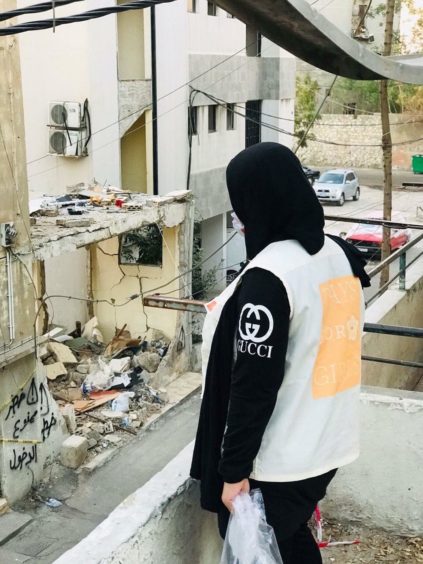
This meta-analysis, published in the International Journal of Women’s Health, considers the existing research around humanitarian menstrual health interventions with a comprehensive review of literature. The study identifies effective intervention strategies from its analysis of 51 peer-reviewed papers, including supplemental education, access to adequate sanitation facilities and the importance of conducting proper monitoring and evaluation.
3. Female-friendly public and community toilets: a guide for planners and decision makers | WaterAid, Water & Sanitation for the Urban Poor
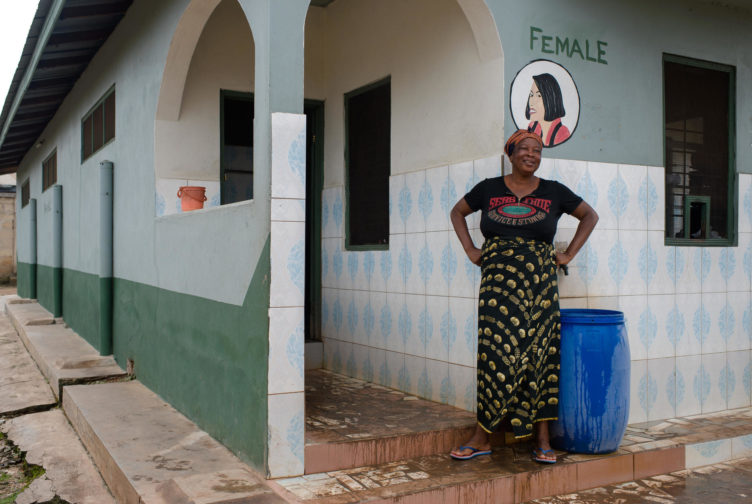
Safe, private, hygienic toilet facilities play a foundational role in menstrual health management. Yet lack of access to adequate WASH facilities in humanitarian aid settings pose a major barrier to the MH of refugee women and girls. Drawing on recommendations from the literature and global experts, this guide aims to help governments, NGOs and city planners understand the importance of female-friendly toilets, describe their necessary features and suggest ways to incorporate gender-sensitive considerations in planning for sanitation (including in refugee community infrastructures).
4. #ItsTimeForAction On Menstrual Health in Emergencies Flyer | Menstrual Hygiene Day, WASH United
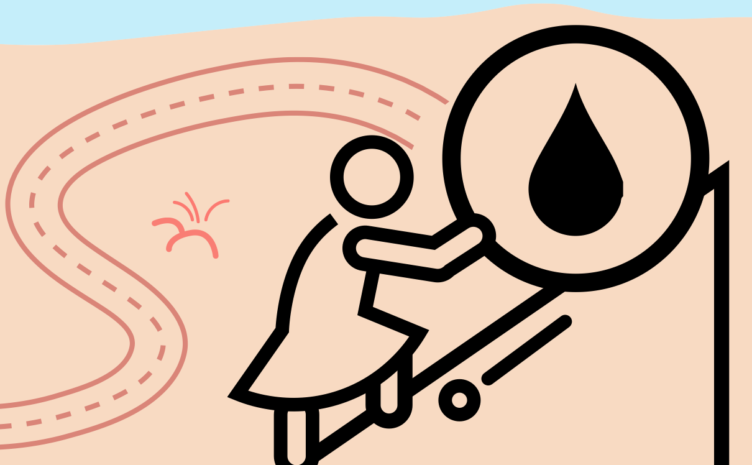
This vibrant infographic from Menstrual Hygiene Day advocates for urgent action and investment in menstrual health in humanitarian emergencies. It cites that global humanitarian response funding gap is $20+ million, outlining the ways in which this gap can disproportionately impact women and girls. The page then advocates for a multidimensional response to support displaced menstruators – one that includes menstrual health materials/supplies, education and WASH facilities.
- Periods In and After the Pandemic: Refugee Spotlight | Days for Girls International
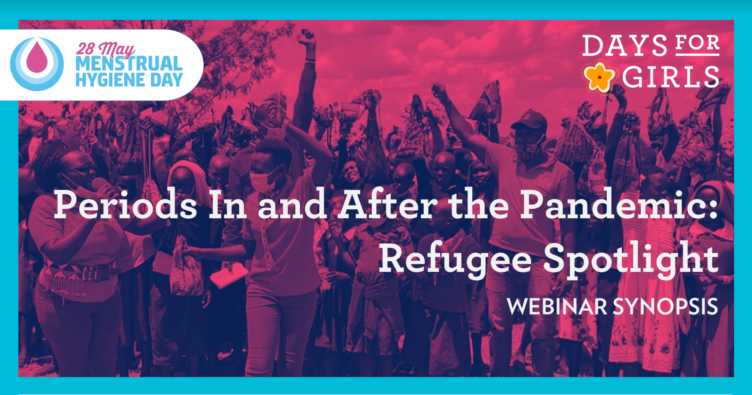
This MH Day, Days for Girls and partners hosted an interactive webinar that explored 𝐡𝐨𝐰 𝐡𝐮𝐦𝐚𝐧𝐢𝐭𝐚𝐫𝐢𝐚𝐧 𝐚𝐢𝐝 𝐠𝐫𝐨𝐮𝐩𝐬 𝐚𝐧𝐝 𝐫𝐞𝐟𝐮𝐠𝐞𝐞𝐩𝐫𝐨𝐠𝐫𝐚𝐦𝐬 𝐚𝐫𝐞 advancing 𝐦𝐞𝐧𝐬𝐭𝐫𝐮𝐚𝐥 𝐞𝐪𝐮𝐢𝐭𝐲 𝐟𝐨𝐫 𝐝𝐢𝐬𝐩𝐥𝐚𝐜𝐞𝐝 𝐩𝐞𝐨𝐩𝐥𝐞 𝐢𝐧 𝐭𝐡𝐞 𝐟𝐚𝐜𝐞 𝐨𝐟 𝐂𝐎𝐕𝐈𝐃–𝟏𝟗. The virtual Q+A featured wisdom, testimonials and stories from field experts advancing menstrual health in refugee communities across Bangladesh, Lebanon, Uganda and Rwanda.
Now, our webinar synopsis serves as a key resource for anyone interested in learning about the menstrual health needs of refugees during 2020-2021 and how the global community can listen, respond, and contribute. Check it out for key insights from the experts – including strategies to emulate, and strategies to learn from.







